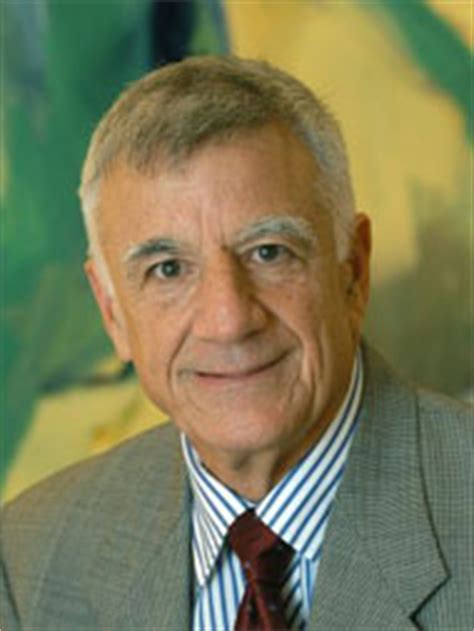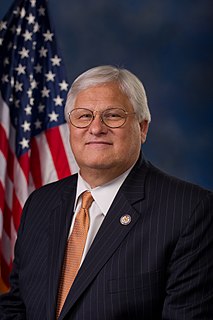A Quote by Richard Armitage
U.S. assistance provides the Jordanian government needed flexibility to pursue policies that are of critical importance to U.S. national security and to foreign policy objectives in the Middle East.
Related Quotes
A new book by 'New York Times' reporter Charlie Savage, 'Power Wars,' suggests that there has been little substantive difference between George W. Bush's administration and Obama's when it comes to national-security policies or the legal justifications used to pursue regime change in the Greater Middle East.
If Martin Luther King looked at the Obama administration and saw an intimate connection with Wall Street, he'd be very critical. If he saw drones being dropped on innocent people, he'd be very critical. If he saw rights and liberties violated by secret policies of the government, of the kind we've seen by the National Security Agency, he'd be very critical.
Oil policy, policy toward the United States, policy toward Iran, Bahrain, Yemen, very unlikely, I think, to see significant change. These policies were the policies that had a wide family consensus. The question I think would be if the king becomes sick, whether you have weak Saudi leadership in the Arab world and the Middle East rather than strong Saudi leadership, but I think the fundamental policies will continue, the ones we’re familiar with under King Abdullah.
We have a media that goes along with the government by parroting phrases intended to provoke a certain emotional response - for example, "national security." Everyone says "national security" to the point that we now must use the term "national security." But it is not national security that they're concerned with; it is state security. And that's a key distinction.

































